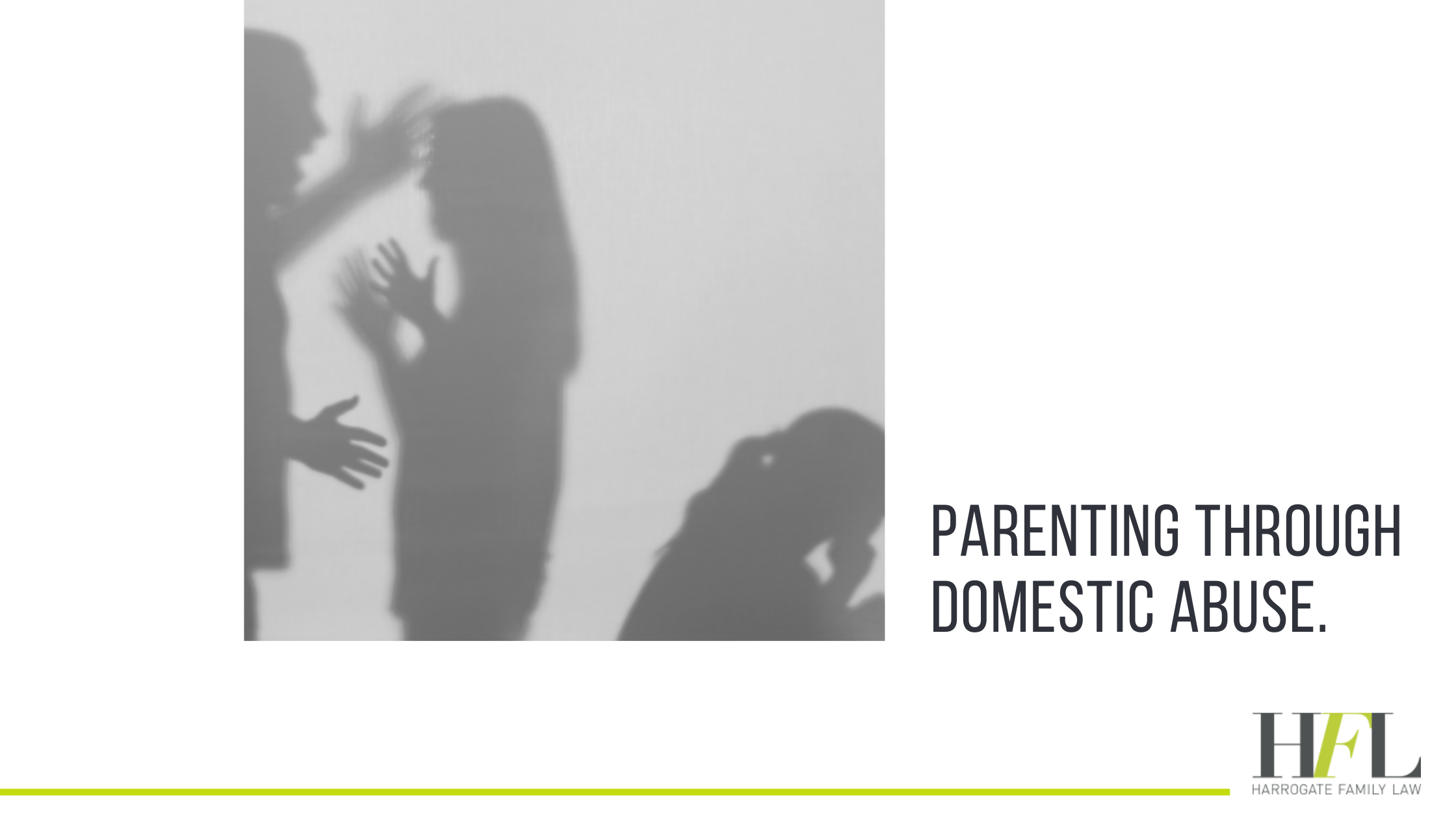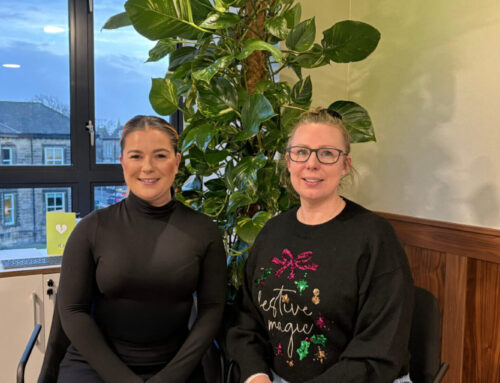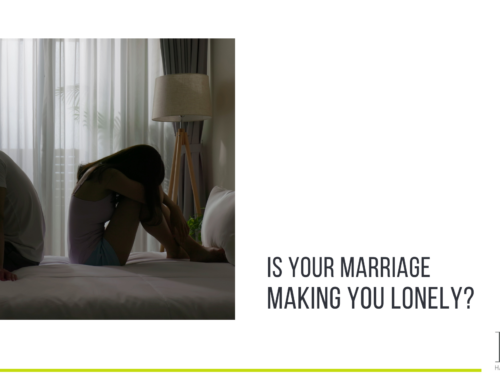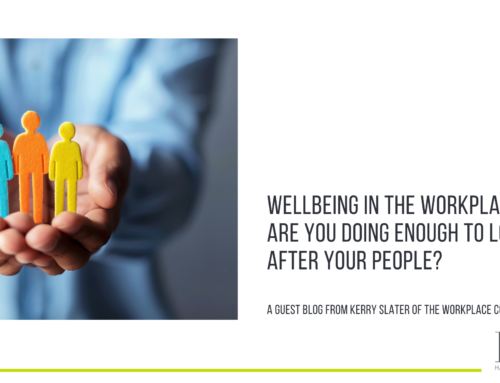Domestic abuse can have a serious impact on every single member of a family and household, and that includes the children.
Even if children aren’t directly subjected to abuse, witnessing it take place can be incredibly damaging, and have devastating consequences for their emotional health and wellbeing. So much so that in recent months, the Crown Prosecution Service has announced that children who have been affected by domestic violence will now be treated as victims, whether or not they were present when violent incidents occurred.
For parents who are the victims of abuse, ensuring that their children are safe and secure is a constant worry, and their experience often undermines their confidence when it comes to parenting effectively. Here we’re taking a look at how domestic abuse can impact parenting, and how to seek support.
What is domestic abuse?
The Domestic Abuse Act defines domestic violence as any incident of threatening behaviour, violence or abuse (psychological, controlling or coercive, physical, sexual, financial or emotional) between adults who are or have been intimate partners, or family members, regardless of gender or sexuality.
It can happen to anyone, at any time, anywhere, including on social media sites or the internet.
How can domestic abuse impact parenting?
Domestic abuse amongst adults with children is common. Safer Futures reports that 64% of victims and survivors accessing support from Independent Domestic Violence Advisers had children in the household.
Parenting comes with challenges at the best of times. But for those who are parenting whilst experiencing domestic abuse, there are a number of additional difficulties and considerations.
Relying on children for emotional support
The very nature of domestic abuse can leave individuals feeling unloved, lonely or depressed, not to mention unsafe and anxious. Isolated and with nowhere else to turn, the temptation to rely on children for emotional support can be very strong.
For children, this is a huge thing to deal with, with many left feeling as though they need to take on the role of protector, or feel overwhelmed with worry about one or other of their parents.
Keeping up appearances
In some situations, victims may well find themselves trying very hard not to burden their children and shield them from the reality of the situation. Trying to protect themselves and their children from harm, all whilst also potentially juggling work and a household – it can be hard to keep up and mentally exhausting.
Unfortunately, parenting can suffer as a result. Depending on how old they are, children can be left feeling very confused and anxious about what’s going on, and it can be hard for parents to know what to do for the best.
Feeling helpless
Many parents navigating this journey feel helpless. They may be too scared to parent in the way they want to, and instead parent their children in line with what they believe their partner expects for fear of the repercussions.
Protecting children is a vital part of parenting, and that includes removing them from situations that put them at risk of harm. That’s why it’s so important to raise awareness around this issue, and for the victims of domestic abuse to understand that there is support out there.
Neglecting needs
It’s natural for victims of domestic violence to neglect their own needs to ensure that their children are protected. However, leaving those needs unchecked can have a serious impact on mental and emotional health, and in turn affect how they parent.
It’s important for those who are struggling to reach out to people they trust or a professional who can help. Victims of domestic abuse need to know that they’re not alone.
If you or anyone you know is in need of legal advice around separating from their spouse, please don’t hesitate to put them in touch. In addition, below you’ll find a number of helplines and websites providing support and information for those who need it.
Helpful websites and helplines
If you’re a victim or survivor of domestic abuse, there’s lots of help out there.
Here are just a few resources that provide confidential advice:
IDAS – supporting people affected by domestic abuse and sexual violence.
Website: https://idas.org.uk/
Helpline: 0300 110 110
NSPCC – preventing child abuse and helping victims recover
Website: https://www.nspcc.org.uk/
Helpline: 0808 800 5000
Refuge – support women and children who are experiencing domestic abuse
Helpline: 0808 2000 247
Men’s Advice Line – confidential advice for male victims of abuse
Website: https://mensadviceline.org.uk/
Helpline: 0808 8010327






